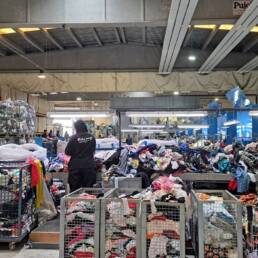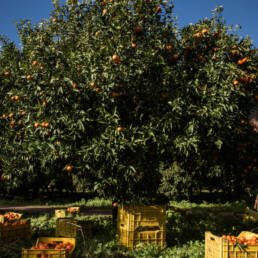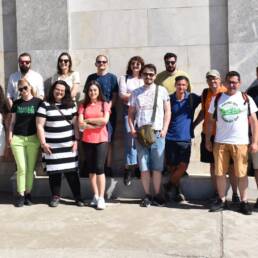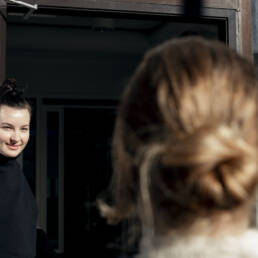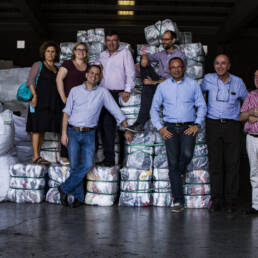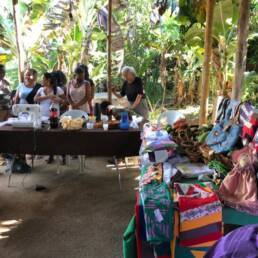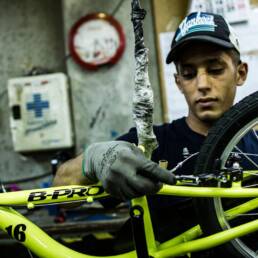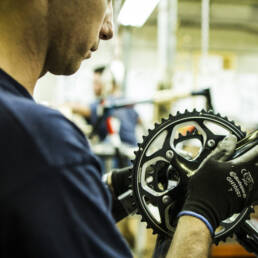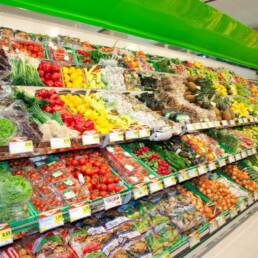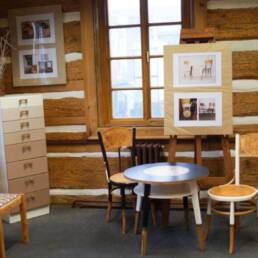Author
Mark Adams
MEAL Manager
Caritas Scotland (SCIAF)
In Zambia rural households have little or no access to electricity or gas supplies. Instead they rely on wood for their energy needs, burning wood to cook, and to heat water and their homes. They also have limited options for employment and income generation.
Many urban households also lack access to electricity or gas and rely on charcoal for their cooking and heating needs. They purchase charcoal from traders who source their charcoal from rural areas.
Together these factors lead many rural households to harvest firewood from forests for both their own domestic needs and to burn to make charcoal, which is then sold to traders who carry it to urban markets.
Widespread deforestation is a major problem in rural areas. Loss of forests and trees leads to a depletion in soil quality, reduces agricultural productivity and contributes to localised and global climate change. It is a vicious downward spiral, further impoverishing households and the environment.

Together we have looked for ways to reduce deforestation. In Kabwe this has been part of a larger project funded by the Scottish Government that aims to strengthen rural livelihoods and environments in sustainable ways. Government policy – in the form of the Forestry Act – is very positive. However, without practical alternatives for domestic energy sources and livelihoods through charcoal production and sale, it is difficult for rural households to stop cutting trees or producing charcoal. Simple exhortations to protect the environment were insufficient, failing to recognise the very real problems that households face and the limited options they have to address energy and livelihood needs.
Through discussions we identified work that Caritas in the Diocese of Solwezi had done on producing ‘Green Charcoal’. ‘Green Charcoal’ offered a potential solution to our problem – being a practical alternative to traditional charcoal that could both provide an alternative source of energy and livelihood options.

Green Charcoal is a type of bio-fuel that can be made locally and inexpensively from agricultural waste materials. It has several positive benefits: it reduces deforestation, it can be used in conjunction with fuel efficient stoves to reduce consumption, it burns cleanly and may have a role in reducing respiratory infections, it can provide an income source to manufacturers. It can be made simply by small groups, or it can be made in more formal, industrial settings.A team from Caritas in Kabwe Diocese travelled to Solwezi to learn from Caritas’ experience there. Using that learning the Kabwe team have introduced ‘Green Charcoal’ into their programme. At a national level, Caritas Zambia has provided support and encouragement.
Our experience so far has been encouraging. Youth groups have taken up the production and sale of ‘Green Charcoal’ with enthusiasm. Over 500 individuals are engaged in ‘green charcoal’ production. The market price of ‘green charcoal’ is significantly higher than traditional charcoal. It provides a way to make use of otherwise-unused agricultural waste. It is proving an accessible, alternative income source and a way to reduce the labour involved in cutting and collecting firewood.
There is still much to learn – we are still at the beginning of this journey. However, so far the results have been promising. There is an emerging body of knowledge about ‘Green Charcoal’ that we can draw on, and our own experience indicates areas where we can improve. For us this is an innovative pilot for several reasons. We have learned from experiments in Solwezi, we have replicated and adapted these in Kabwe, and we have deliberately set about learning from the experience. We are considering wider replication in our Zambia programme.
The participation in the Caritas Europa Innovation Festival and the Deep Dive have been extremely useful in encouraging us to look at our practice and think more deeply about the pros and cons of this ‘Green Charcoal’ pilot. It has also helped us reflect on how we innovate, and how we can learn from and make decisions about what to try and what to replicate.


